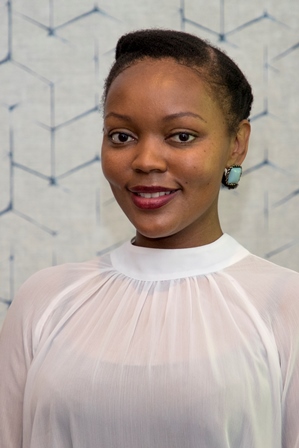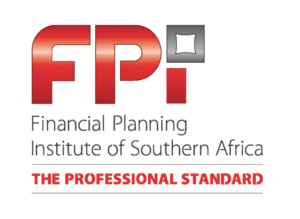The face of money, both from a client and a business perspective, has looked the same for decades. Men have long been at the forefront of wealth – from the making of it, to managing it and to spending it.
We all read the research and are all well-aware of the seismic shift about to happen, particularly in the US, regarding wealth. The “great wealth transfer” is about to take place where the ageing boomer population prepares to pass on their wealth to the next generation. An estimated $60-trillion will be in the hands of millennials in a few years. Because of this, a lot of research and time has been dedicated to understanding the heirs of this great wealth and how best to service them as clients.
Women, who make up at least half of this population, are major drivers of this change of wealth. Globally and South Africa included, women are getting more educated and are making a lot more money than ever before. While the gender pay gap remains stubbornly high, more women are occupying senior roles and many are venturing into entrepreneurship. Women are increasingly becoming more dominant regarding daily expenditures and the management of their wealth.
What we also know about women, as wealth clients, is that they are patient, don’t chase returns and favour goal-based financial planning. Women make better investors as they don’t switch as often as men do (there’s research to back this up), and they require their financial planning to be aligned with their personal values regarding family and the environment. And women are generally connectors who expect a deep connection with their financial advisor.

A study conducted by The Economist Intelligence Unit four years ago had some very interesting findings worth noting:
- Globally, women were increasingly growing their wealth independently as entrepreneurs.
- The more wealth millennial women accumulate, the less influence advisors wield.
In South Africa, millennials make up just under a third of the population (approximately 14-million people) and half of that population (let’s say seven-million) is female. We can also safely assume that, given our demographics in South Africa, this group is also predominantly black (give or take five-million people). That means, if we are to follow global trends in wealth accumulation, the ideal future client of all our businesses is currently a black millennial woman.
How do we approach the new money?
Does your business know enough about black (the race), female (the gender) millennials (the young people) in this country in order to survive the next wave of change?
- What do we know about millennials in this country?
- What do we know about black people in this country?
- What do we know about women in this country?
Combine your findings of all three and you will have a clearer picture of how to craft a business that will speak to this group of potential new wealth clients.

As a black female millennial, I can say with certainty that this industry of ours does not speak to me, the potential ideal client, in a way that it should. When I joined the industry 12 years ago as a young advisor, I remember being advised to embrace shoulder pads to make myself appear older (because the clients I was helping to manage were the ones who are currently transferring their wealth to their millennial heirs today). That made sense, then. What do we do now? How do we approach the new money?
Today, with a two-year old IFA business, I sit in front of more black female millennial clients than I ever have in my entire career. The conversations with these women are intriguing, to say the least. They are highly educated, technologically savvy and are becoming increasingly aware of their buying power and the mobility of their money. They are also particularly sensitive to how they are perceived and treated, as young black women with money.
Many are also supporting family members, colloquially known as black tax, which creates an additional layer of complexity to their financial planning requirements.
One of the best investments our industry can make is to look into our service models our messaging and our approach when dealing with these groups – the young, the black and the female, either as three distinct groups or as one. The changing face of money and wealth will force the change in our businesses. Educating ourselves on gender and race relations or hiring people who are, may be one of the best investments we make for our advisory businesses.
Featured images: iStock









